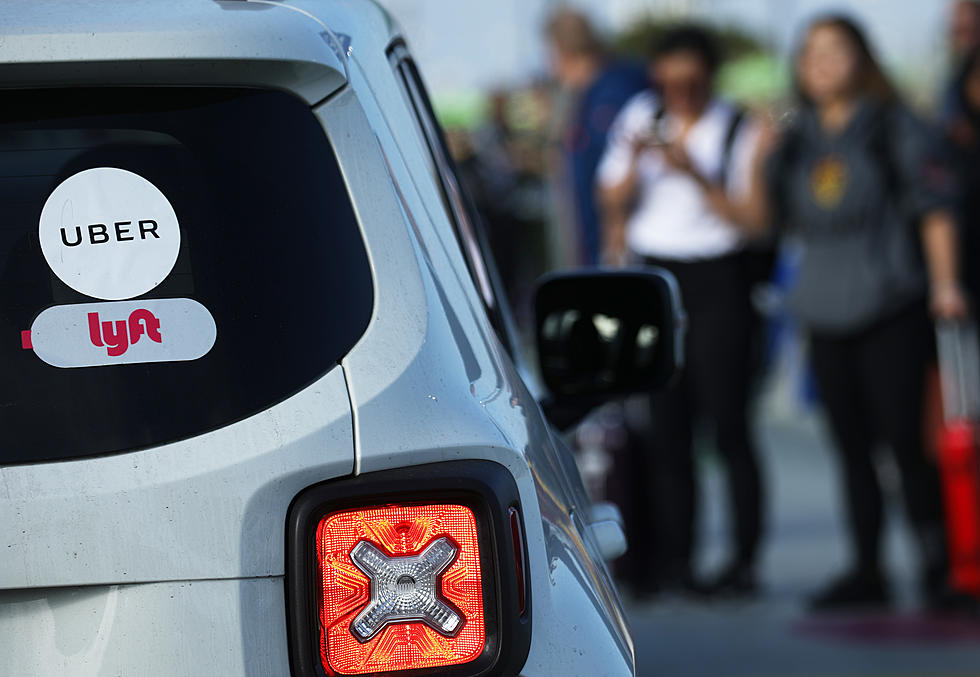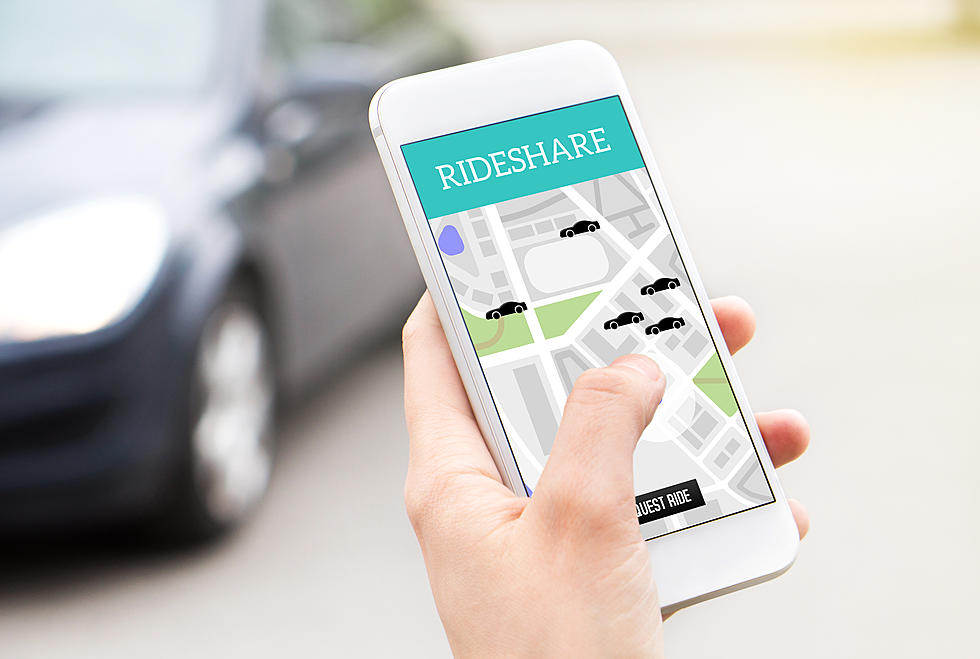
In a rideshare car crash in NJ, who handles insurance coverage?
New Jersey has a reputation for doing some things in its own unique, sometimes confusing fashion, but one way in which the Garden State falls in line with the rest of the country is what happens if, unfortunately, a rideshare vehicle is involved in an incident on the roads.
Christine O'Brien, president of the Insurance Council of New Jersey, said for drivers who are contracted with a company such as Uber or Lyft, they can think of their shift in two "periods."
In the first, the app is turned on and the driver is waiting for someone to request a ride. A crash that happens during that time, depending on the circumstance, can be covered either by the rideshare company's insurance or the driver's personal insurance.

Once passengers enter a vehicle for their trip, however — the second "period" — it's the rideshare's insurance that covers everyone in the car, and in fact, O'Brien said New Jersey has been mandating that for a while.
Both Uber and Lyft clearly spell these policies out on their websites.
"There is a national model that reflects very much what the New Jersey statute is for rideshare companies, and how coverage for drivers and passengers is paid," O'Brien said. "So if you are the passenger in the car, whether or not you have your own auto insurance or not, the rideshare insurance is the primary source of coverage."
O'Brien said when a driver signs up to use their personal vehicle as a rideshare, the company or companies that may employ them fully disclose what the driver's responsibilities are, including having their own, pre-existing car insurance.
That being said, even though incidents and accidents are covered by those companies, the driver should still disclose to their personal insurer that they are using their car for this purpose.
"They will either give you an option to buy additional coverage, or what we call an endorsement, so that you are fully covered for that new risk or new use of your vehicle," O'Brien said.
And as always, she said, knowledge is power.
"We never think about insurance until we actually need it," O'Brien said, "and you do not want to get stuck not having the appropriate coverage because you didn't think, to begin with, how to provide that for yourself."
Patrick Lavery is a reporter and anchor for New Jersey 101.5. You can reach him at patrick.lavery@townsquaremedia.com
Click here to contact an editor about feedback or a correction for this story.
The Ultimate Guide to New Jersey Brewpubs
Where everyone knows your name: Friendliest bars in NJ
2021 NJ property taxes: See how your town compares
More From 94.3 The Point










